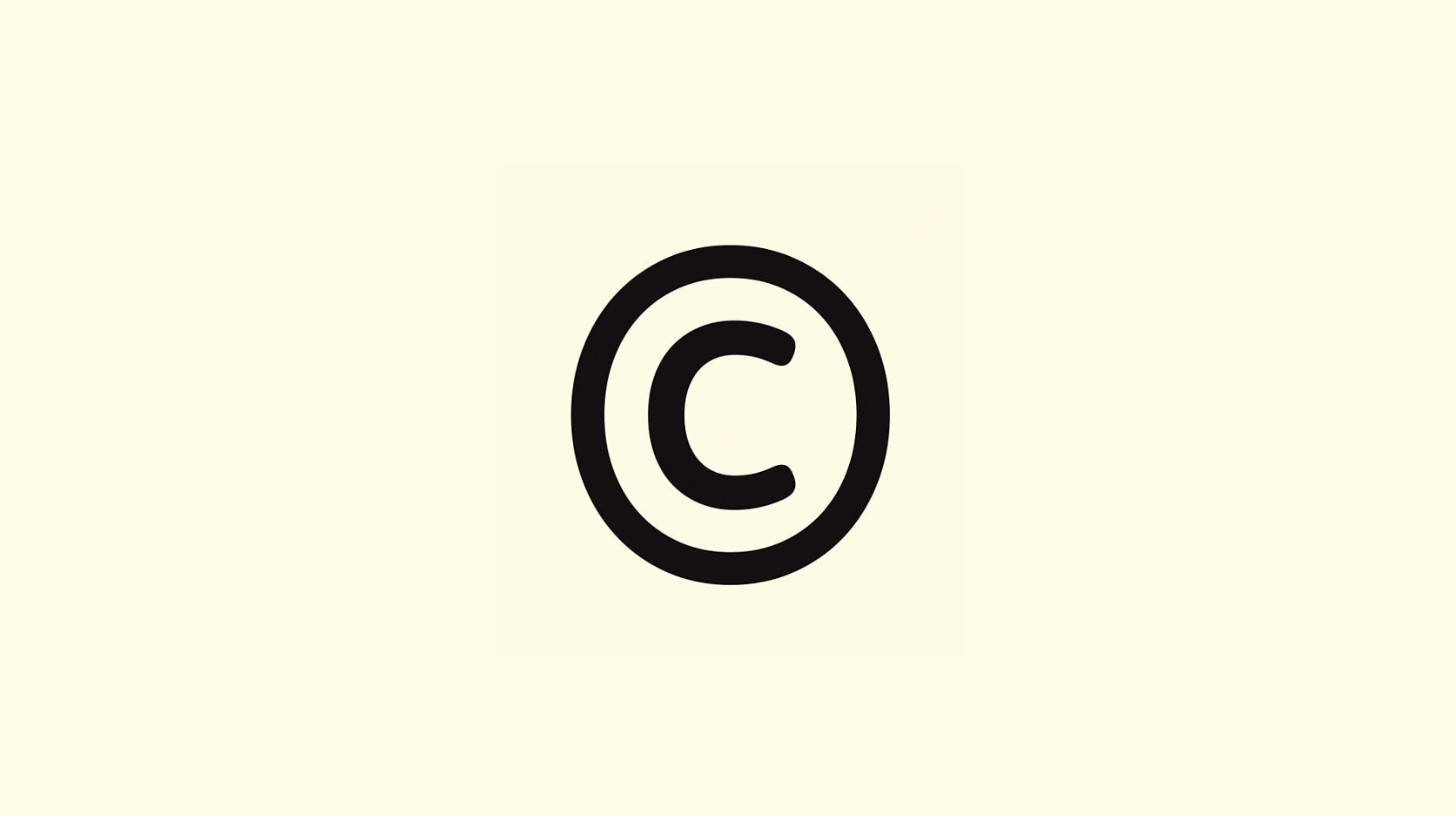
On August 3, almost 30 organizations,[i] representing 50,000 Canadian writers, visual artists and publishers released an open letter to newly appointed Heritage Minister Pascale St. Onge urging her to tackle “meaningful copyright reform”. That is the code-word for the need to end the current free-riding by the education sector–elementary, secondary and post-secondary–in Canada (outside Québec) on the works of Canada’s authors, artists and publishers, a situation exacerbated if not created by the addition in 2012 of a broad limitation on copyright protection for the purposes of “education”. The result has been nothing less than catastrophic for Canada’s creators and educational publishers, resulting in a massive transfer of value from creators of original content to educational providers, who have used the education fair dealing exception to cease licensing most content used for teaching purposes. I highlighted this problem in a recent Globe editorial (“Why We Need Copyright Reform Now”) and in my just-released book, “In Defence of Copyright”. Québec is the one part of Canada that still respects the value of content produced by authors, Québecois, Canadian and others, and its educational institutions have continued to license content from the copyright collective that serves the Québec market, Copibec. Not so in the rest of Canada.
As I noted in the Globe and Mail, the perhaps well-intentioned but misguided addition of the broad category of “education” to the list of specified fair dealing exceptions to copyright in back at the time of the last revision of the Copyright Act in 2012 opened the door to wide-scale unlicensed copying of hard copy and digital content by schools and post-secondary institutions, eager to pocket savings at the expense of creators. Students, who the institutions argue are the beneficiaries of this arrangement, have only seen their fees increase over this period. Despite a decade of litigation, the situation is still not clear. The result is not only a drastic decline in revenues for authors, revenues that one would expect would accrue to them if their work is being used as part of the educational process, but also a significant decline in production of Canadian works and texts.
There is, however, a relatively straightforward solution, one proposed by the Parliamentary Standing Committee on Canadian Heritage (Recommendation 18). That is to disallow fair dealing under the “education” rubrique for education institutions and ministries when commercially licensed alternatives are available in the market. This modification will preserve the right of students to freely access materials for study and research while protecting the output of authors and publishers, ending the free ride by educational institutions. By the way, this will not give the publishers carte blanche to set prices. When content licensing is conducted through a copyright collective organization, if there is disagreement with users over the amount of copying taking place (and thus the amounts of compensation that should be paid for a copyright licence), the Copyright Board of Canada steps in to adjudicate and determine a fair rate or tariff per student per year at various levels of the educational establishment.
The Trudeau government made a commitment in recent mandate letters to ministers to amend the Copyright Act “to further protect artists, creators and copyright holders”. Those instructions were in the mandate letters of Industry minister François-Philippe Champagne and previous Heritage minister Pablo Rodriguez. A new mandate letter for Minister St. Onge has not yet been released. While she has yet to receive her marching orders, given St. Onge’s previous background, one can assume she is likely sympathetic to creators’ concerns. Before entering politics in 2021 she was Secretary General then President of the Fédération nationale des communications et de la culture. According to her official bio,
“she worked to address the challenges facing the media, newspapers, and the cultural sector. In this role, she oversaw expert studies aimed at developing public policies, participated in the creation and adoption of programs to support the print media, and contributed to the implementation of policies and programs designed to help the media and cultural sectors adapt to shifts brought about by digital platforms.”
This seems like a solid background for a Minister of Canadian Heritage. However, in Canada the lead minister responsible for the Copyright Act is the Minister of Industry, Science and Economic Development, Mr. Champagne. Both ministers and ministries need to act, and act now. The cri de coeur from the cultural industries and from Canada’s writers, artists and publishers can no longer be ignored.
This article was first published on Hugh Stephens Blog